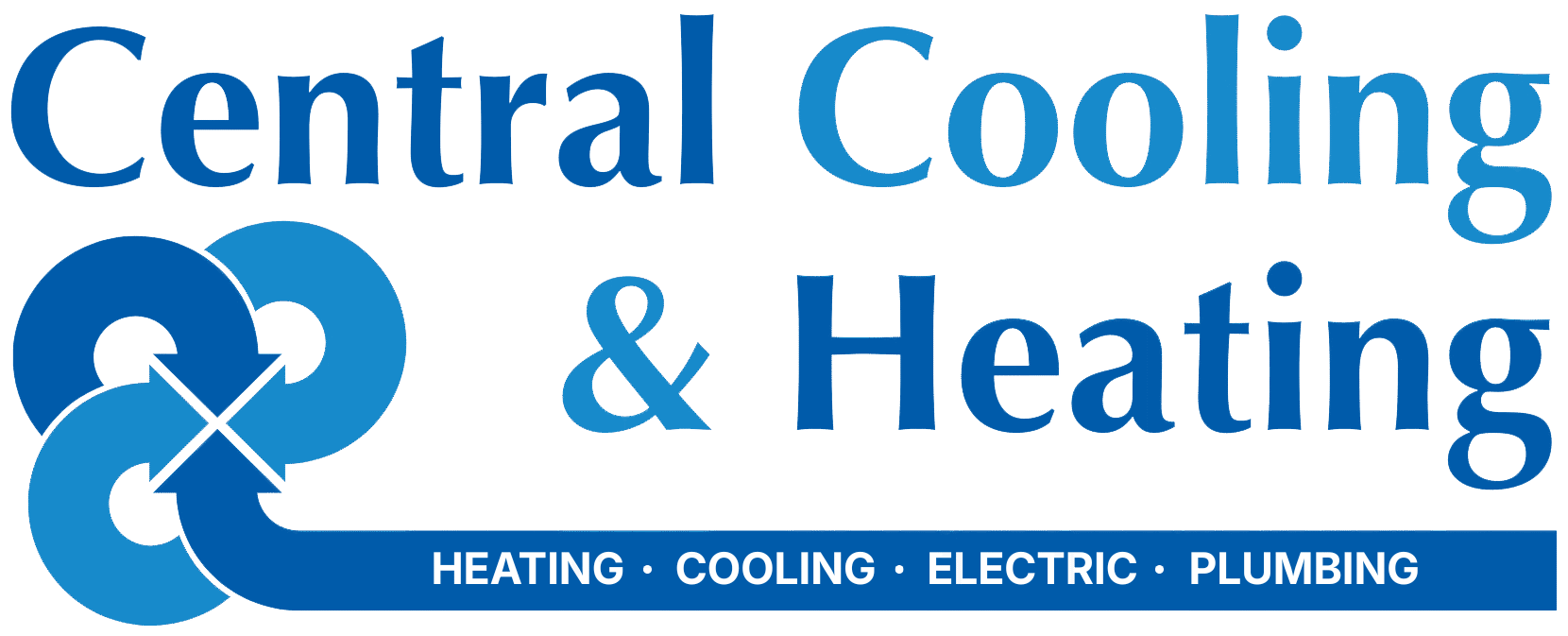Key Summary
- A/C heat pump systems are typically more energy-efficient than traditional HVAC setups.
- A/C heat pump systems provide both heating and cooling by moving heat instead of generating it.
- Heat pumps lower energy bills and qualify for rebates in many regions.
- However, Traditional HVAC may perform better in extremely cold temperatures.
- For most Massachusetts homes, modern heat pumps offer better comfort and long-term value.
How A/C Heat Pump Systems Work
A/C heat pump systems use electricity to move heat from one place to another. In summer, they pull heat out of your home like a traditional air conditioner. In winter, they reverse the process, bringing heat in – even from cold outdoor air. Because they move heat instead of generating it, they use significantly less energy compared to a furnace or electric baseboard system.
How Traditional HVAC Systems Work
Traditional HVAC systems typically include an air conditioner and a separate heating system like a gas furnace or electric heater. These systems generate heat through combustion or electric resistance, which can be less efficient and more costly to operate over time, especially as energy prices fluctuate. However, for colder climates, HVAC systems are needed to generate the heat.
Energy Efficiency Comparison
When it comes to energy use, A/C heat pumps generally are more efficient. According to the U.S. Department of Energy, modern heat pumps are energy-efficient alternative to furnaces and air conditioners.
Cost Considerations and Rebates
While heat pump systems may have a higher upfront installation cost, they often result in lower monthly utility bills. Many homeowners also qualify for rebates and incentives that help offset the initial investment. Traditional HVAC systems can be more affordable to install initially, but may not offer the same long-term energy savings.
Which System Is Best for You?
If you’re in Massachusetts or another moderate to cold climate, today’s advanced heat pumps – especially cold-climate rated models – are more than capable of keeping your home comfortable year-round. However, for homes in extremely frigid zones or older buildings with specific heating needs, a hybrid system or traditional HVAC setup may still be more practical.
Get Help Choosing the Right System
At Central Cooling & Heating, we install both heat pump systems and traditional HVAC solutions. Our team can assess your home and budget to recommend the best system for your energy needs. Contact us today – we’ll guide you every step of the way.
Frequently Asked Questions
Are heat pump systems energy-efficient year-round?
Yes, modern heat pumps are designed for both summer cooling and winter heating and can operate efficiently all year long – even in cold climates with the right model.
Is a heat pump better than a furnace and AC combo?
In many cases, yes. Heat pumps offer a two-in-one solution and can be more energy-efficient overall. However, furnaces may be more effective in extreme cold unless you install a cold-climate heat pump.
How much can I save by switching to a heat pump?
Most homeowners see reduced energy bills – up to 30–50% savings in heating costs compared to electric resistance heating. Additional savings may come from rebates and fewer maintenance needs.
Can I replace my existing HVAC system with a heat pump?
Yes. Many existing systems can be upgraded to a heat pump, especially ducted systems. Ductless mini-split heat pumps are also available for homes without ducts.
Do heat pumps work well in Massachusetts?
Yes. With the rise of cold-climate heat pump technology, these systems now perform reliably even during New England winters.
